-
main-collection-product-grid
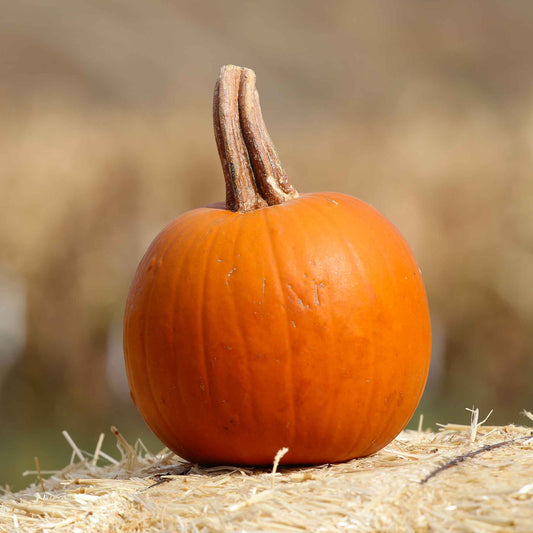
Pumpkin Seeds - Spookie
Sweet, fine textured fleshPumpkin Seeds - Spookie
Sweet, fine textured fleshRegular price As Low As $4.99Regular priceUnit price per -
main-collection-product-grid
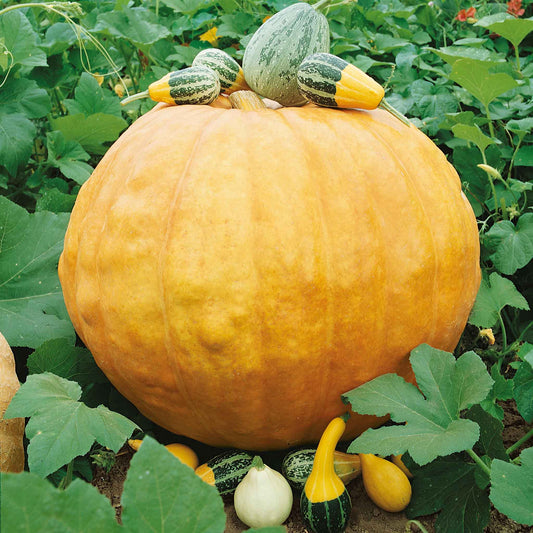
Pumpkin Seeds (Organic) - Big Max
Set the standard for a carving, baking, or decorative pumpkinPumpkin Seeds (Organic) - Big Max
Set the standard for a carving, baking, or decorative pumpkinRegular price As Low As $6.99Regular priceUnit price per -
main-collection-product-grid
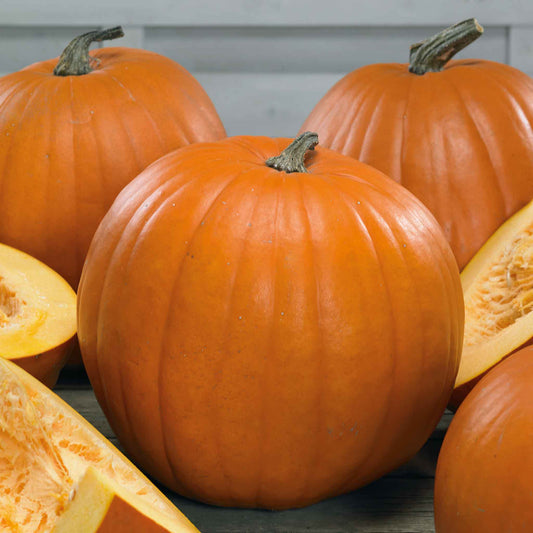
Pumpkin Seeds - Youngs Beauty
Deep orange, slightly ribbed, perfect for carvingPumpkin Seeds - Youngs Beauty
Deep orange, slightly ribbed, perfect for carvingRegular price As Low As $5.49Regular priceUnit price per -
main-collection-product-grid
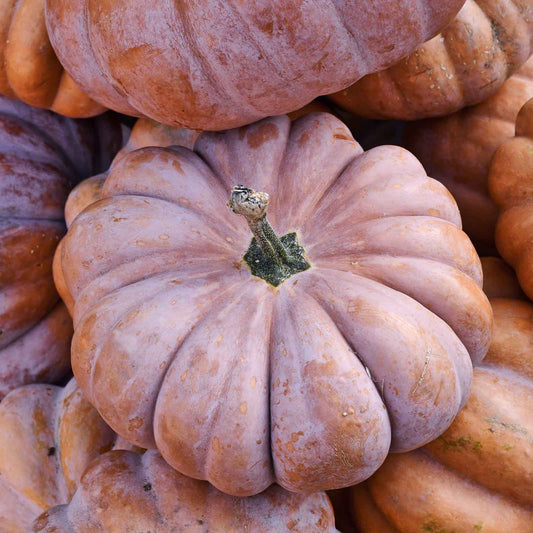
Pumpkin Seeds - Musquee de Provence
Large, flat pumpkin, heavily lobedOut of StockPumpkin Seeds - Musquee de Provence
Large, flat pumpkin, heavily lobedRegular price As Low As $5.99Regular priceUnit price per -
main-collection-product-grid
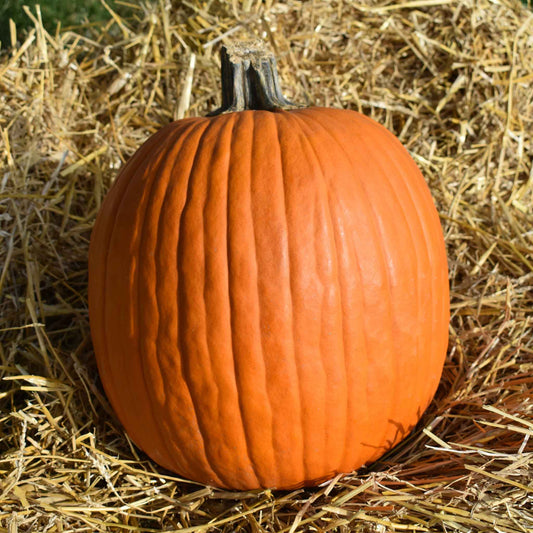
Pumpkin Seeds (Organic) - Jack OLantern
A stand-alone heirloom that is attractive and deliciousPumpkin Seeds (Organic) - Jack OLantern
A stand-alone heirloom that is attractive and deliciousRegular price As Low As $6.99Regular priceUnit price per -
main-collection-product-grid
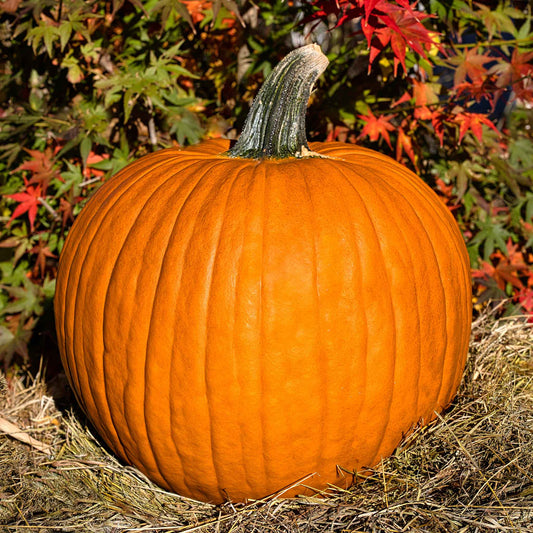
Pumpkin Seeds (Organic) - Connecticut Field
High yielding Jack-O-Lantern pumpkinPumpkin Seeds (Organic) - Connecticut Field
High yielding Jack-O-Lantern pumpkinRegular price As Low As $6.99Regular priceUnit price per
Planting the best pumpkin seeds
- 22 pumpkin seed varieties
- Annuals for warm season planting
- Thrives in sunny growing areas with ample space
- Great selection of edible and ornamental varieties
what to know about planting pumpkins
From the genus Cucurbita, pumpkins are annual vining crops that are native to what is now the southwestern US, Mexico, Central America. and parts of South America. Pumpkins do well in hardiness zones 3 through 10, although most varieties require 75 to 100 days to mature. Therefore, planting outside as soon as the risk of frost has passed is important in colder climates. Some choose to get a jumpstart on the season by starting pumpkin seeds indoors. Do so by planting two seeds about one inch deep into a small container, about the size of a single-serving yogurt, three weeks before the risk of frost has passed. Pumpkin seedlings grow quickly so take care not to let them become rootbound as this can stunt the plant’s growth. When direct seeding outdoors, plant your pumpkin seeds in small mounds, two seeds per mound. Plants belonging to the Cucurbitaceae family like to be planted in pairs.
Supporting pumpkins and removing flowers for optimal growth
Pumpkins prefer full sun and require lots of space to vine out and grow. Space pumpkin seeds 36 inches apart (in pairs) and make sure they have plenty of room to spread. Vines are happy to climb if growing vertically is necessary due to space issues. However, it's a good idea to make sure that the plant's fruits are supported so that they don't become too heavy and break the vine. Remove any flowers that appear before plants have grown at least two feet in length. This will encourage the plant to put energy back into the vegetative growth of the plant which will result in larger pumpkins down the line. Remember that pumpkins can require over three months to mature so be careful not to be too aggressive with this pruning. Planting on top of landscape fabric can keep pumpkins from rotting on top of moist cool soils in the fall. The same effect can be achieved by placing cardboard beneath each fruit.
Pointers for watering pumpkin plants
Powdery mildew can sometimes occur in pumpkins so avoid watering plants overhead whenever possible as this spreads the disease. Drip irrigation is ideal for watering pumpkin plants which like about one inch of water per week and slightly more during hot dry summers when plants are large. If watering with a hose, aim to water the base of plant where the main stem meets the soil. Take care not to step on vines when watering and assessing fruits.
For more information about planting, growing, and caring for pumpkin seeds, see the Pumpkin Seeds Planting Guide.





